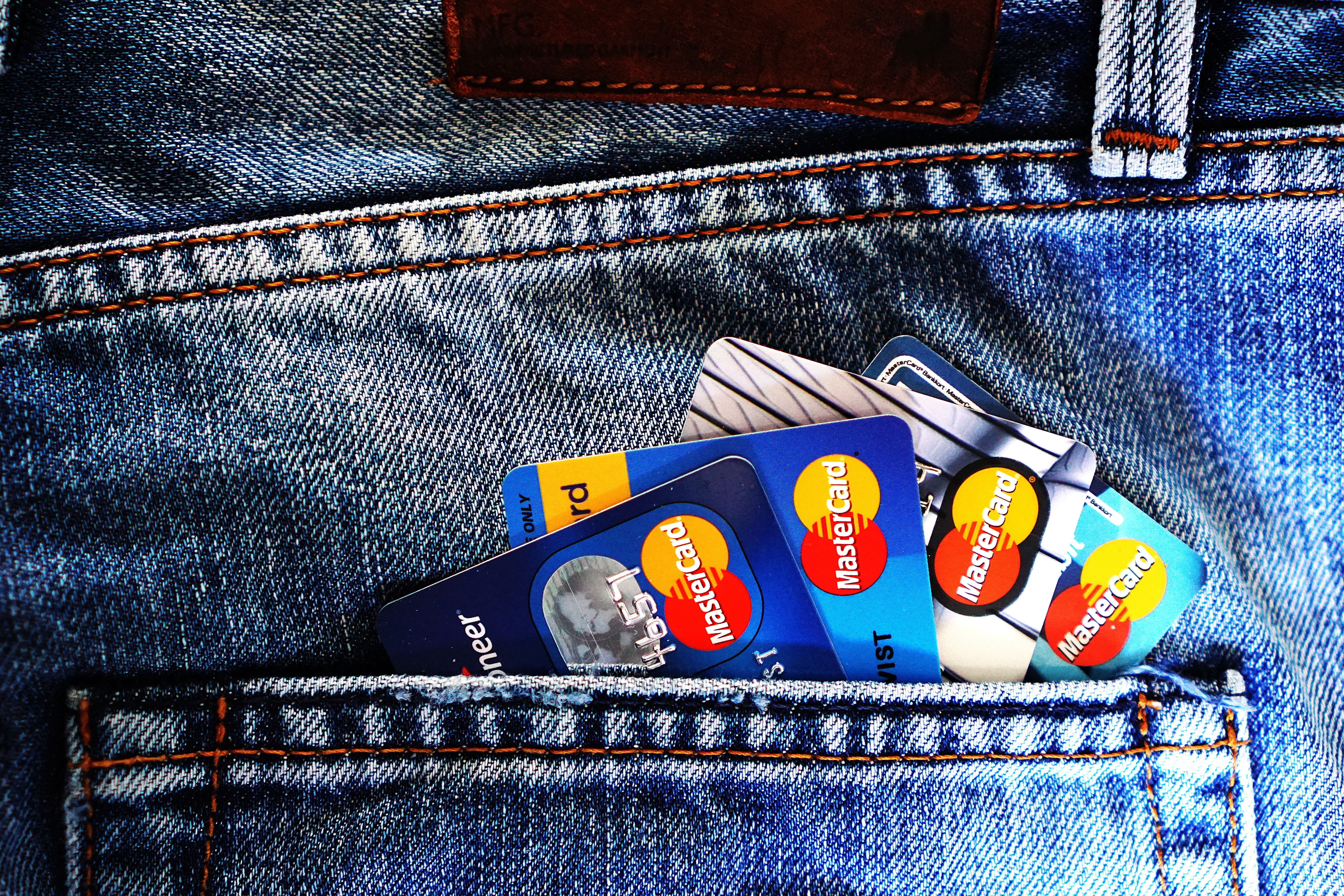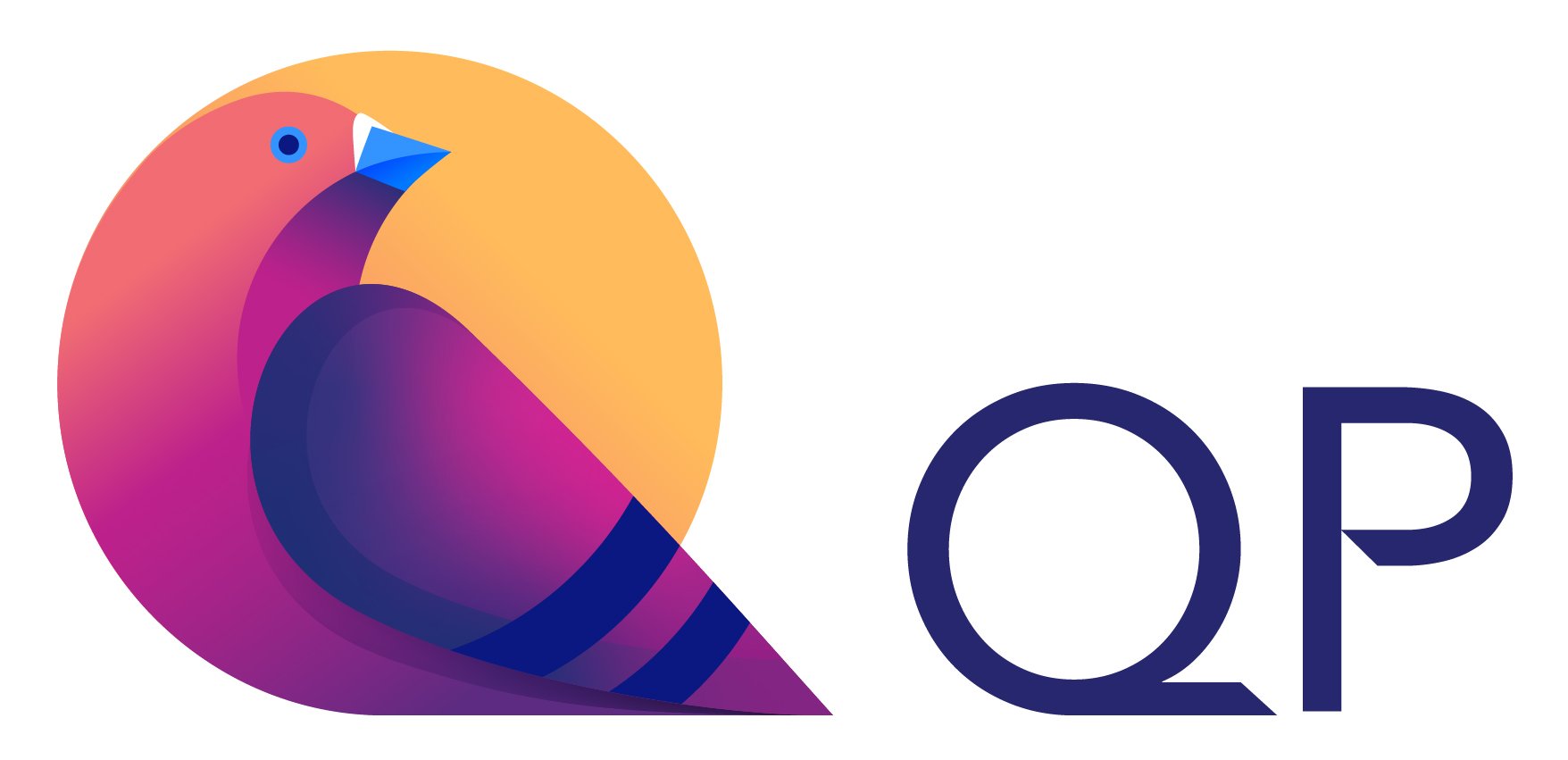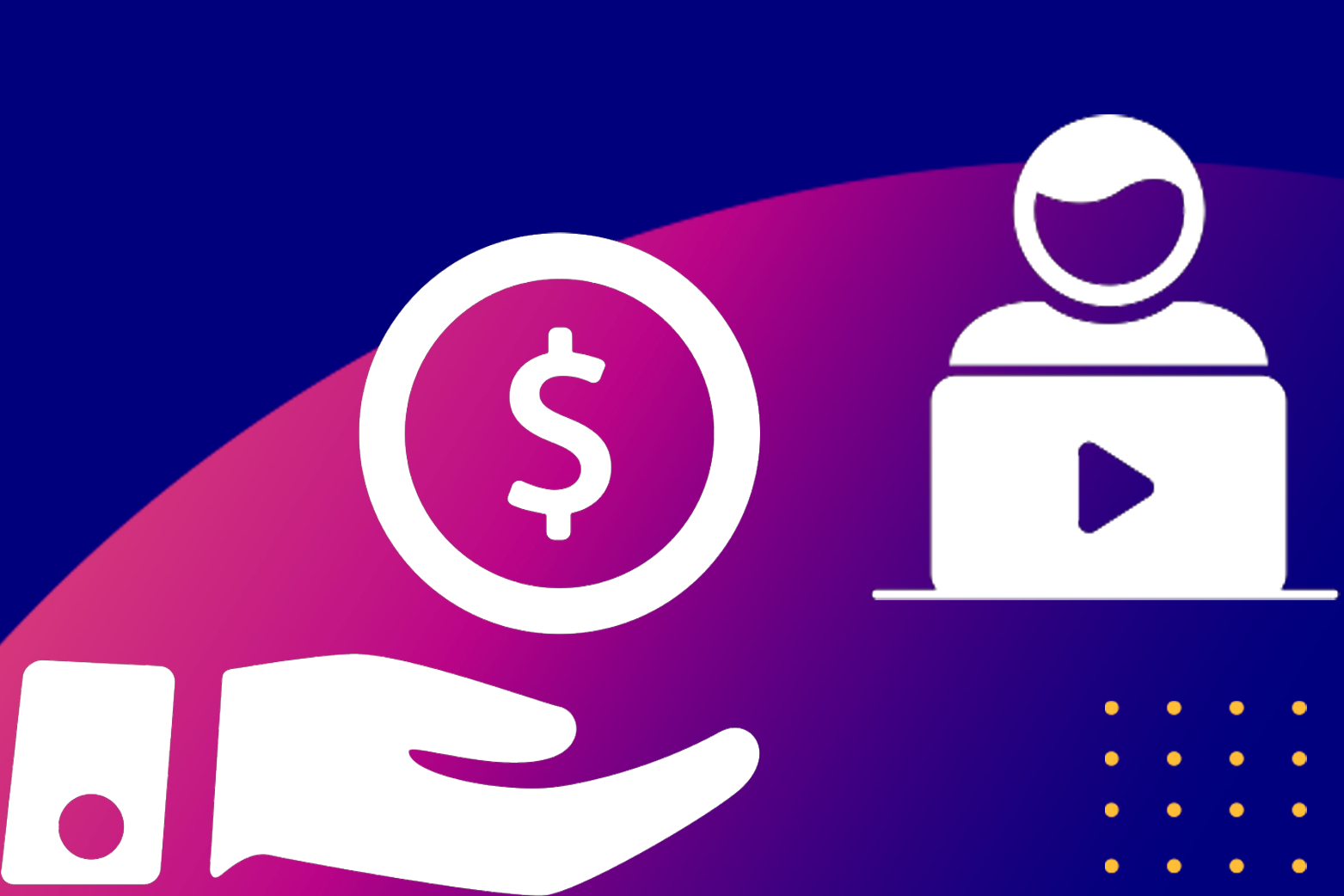Capitalism has many unsavory elements. Inequity is on the rise, celebrity magazines are filled with the offspring of the Rich and Famous, and flaring inflation is making everyone feel a little less well-off than once they were.
Let’s not forget the old saying, though:
Capitalism is the worst possible economic system except for all the others.

In reality, for those who have the opportunity and wherewithal to learn how to operate in a capitalist economy, it is, on balance, the most meritocratic way of organizing an economy ever devised. In fact, for every Kardashian, Hilton, or Walton heir busting the curve, there are thousands of Regular Joans being rewarded for their efforts.
What capitalism is not, though, is a game that rewards being passive. To successfully traverse a capitalist economy, participants have to work out how to pull the right levers to further their own ends – sitting back and waiting for the system to sort you out is a reliably losing proposition.
And that brings us to the Internet, arguably the purest expression of capitalism ever conceived and allowed to thrive by the human race. Not only are there billions of people surfing around, finding their people, and ordering their stuff – there are tens of millions of people whose living depends on working out how to monetize their digital efforts.
Historically, the easiest way to build a scalable, profitable revenue stream has been to get involved with advertising. Advertisers spend a lot of money, so tapping into just a tiny fraction of it can drive a meaningful stream of income. Over time, this has become more complicated, as publishers have built up vast swaths of content where ads can be situated – and advertisers have demanded ever more precise targeting to maximize the likelihood their message is reaching the right eyeballs.

And that’s where we are now: the successful publishers are gathering, analyzing, packaging, and selling data about all their users in return for a sliver of the global advertising pie. When the publishers produce a tempting sliver of consumer audience they get paid more per ad shown than those with less well-defined user demographics – exactly as capitalism dictates.
Meanwhile, however, the people consuming the content that those ads are bolted on to are suffering for their passivity. News has given way to clickbait; connections to friends and colleagues are drowned out by emotionally-draining political messages; and the application of today’s shockingly rudimentary artificial intelligence means seeing ads for the same product we just bought for weeks on end.
The reason, as suggested by new Signal President Meredith Whittaker conforms to one of the oldest saws in tech’s history: if you’re not the customer, you’re the product. In other words, someone is paying for that content you’re enjoying – and if it’s not you, then someone else is paying to get to you.
And when someone’s paying the freight to get to your eyeballs, they are not focused on getting you to the content you actually want – just the stuff you’ll stick around for. That means algorithms that play on your emotions, jump around based on themes rather than creators, and present you not only with great content but also content that you feel compelled to engage with because you hate it so much.

The solution that is just around the corner is to de-couple platform revenue from advertising. And yes, that means users paying to ensure the quality of what they get.
And when you put up your own money, you get more. Firstly, you get to choose, definitively, who gets into your feed: pay for the ones you want, and excise all the others by simply withholding your support. Second, you get to build a more reciprocal relationship: instead of passively looking at what creators produce, you can, as a paying supporter, interact directly, building a more human connection and expanding your digital social circle. Third, and most importantly, you get to whittle down all the fun creators you find on ‘free’ social media to a special subset – what we call a third circle of connections - that you get joy from interacting with.
For all its downsides, capitalism is bringing the opportunity to transform social media into social access, and to get the insipid recommendations of ad-hungry algorithms out of our feeds.
Seems a small price to pay.


